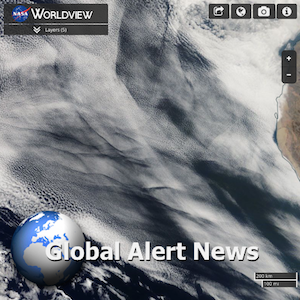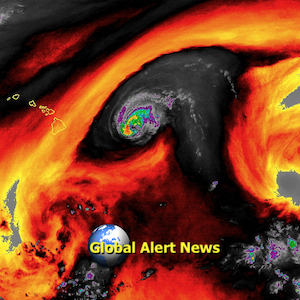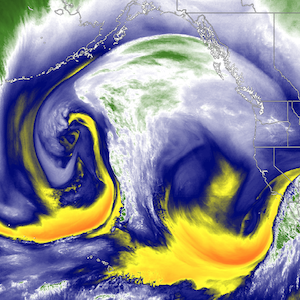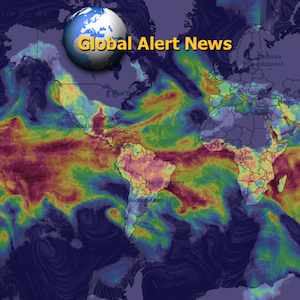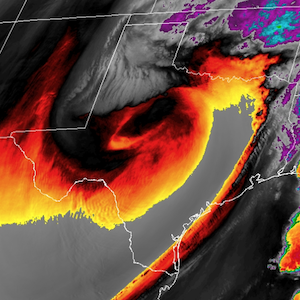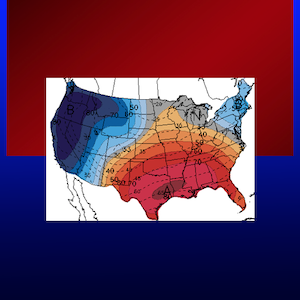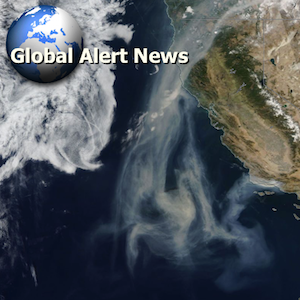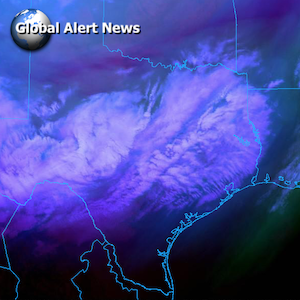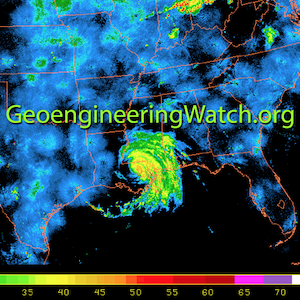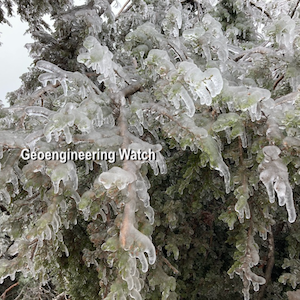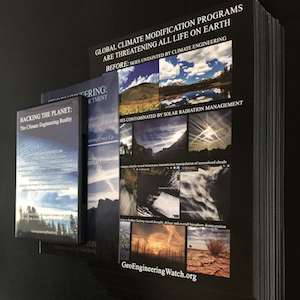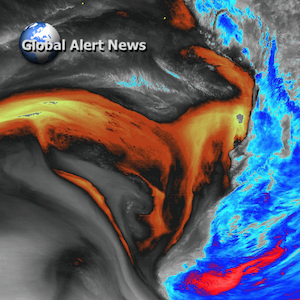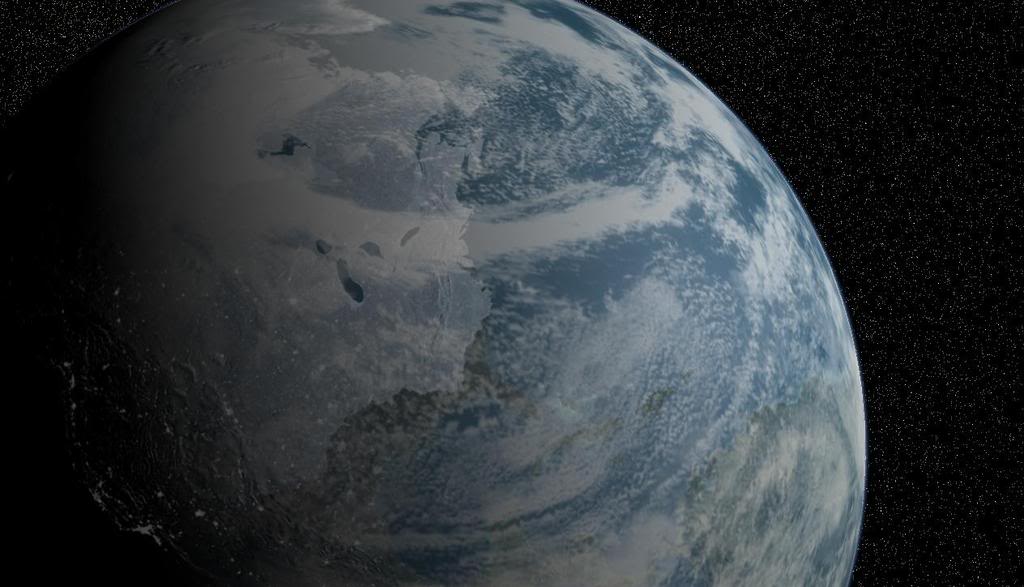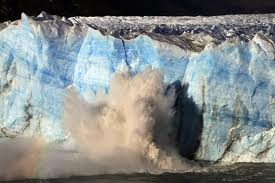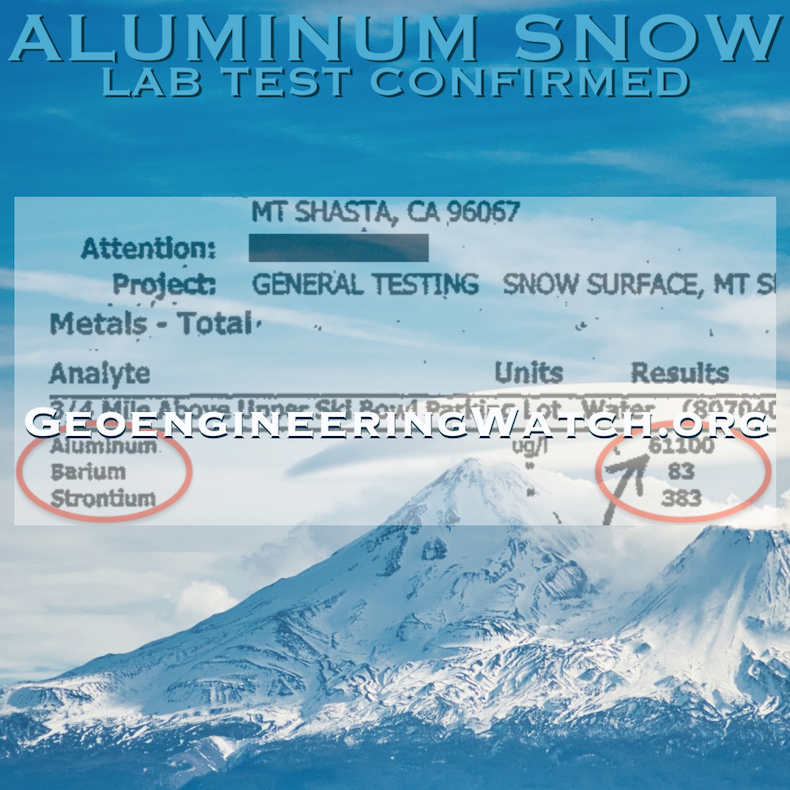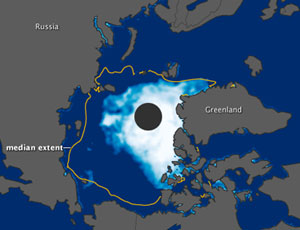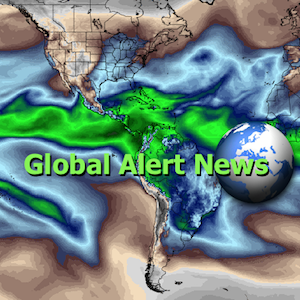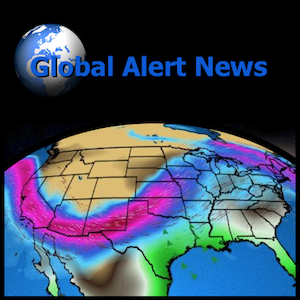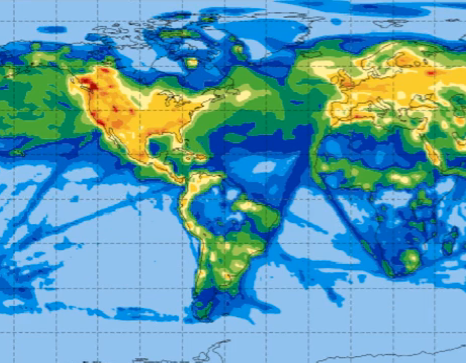Source: Dallas News
Earth is on pace to tie or even break the mark for the hottest year on record, federal meteorologists say.
That’s because global heat records continued to be set in 2014, with September the latest example.
The National Oceanic and Atmospheric Administration announced Monday that last month the globe averaged 60.3 degrees, the hottest September in 135 years of record keeping.
It was the fourth monthly record set this year, along with May, June and August.
NASA, which measures temperatures slightly differently, had already determined that September had record warmth.
The first nine months of 2014 have a global average temperature of 58.72 degrees, tying with 1998 for the warmest first nine months on record, according to NOAA’s National Climatic Data Center in Asheville, N.C.
“It’s pretty likely” that 2014 will break the record for hottest year, said NOAA climate scientist Jessica Blunden.
The reason involves El Niño, a warming of the tropical Pacific Ocean that affects weather worldwide. In 1998, the year started off super-hot because of an El Niño. But then that El Niño disappeared, and temperatures moderated slightly toward the end of the year.
This year has no El Niño yet, but forecasts for the remainder of 2014 show a strong chance that one will show up, and that weather will be warmer than normal, Blunden said.
If 2014 breaks the record for hottest year, that also should sound familiar: 1995, 1997, 1998, 2005 and 2010 all broke NOAA records for the hottest years since records started being kept in 1880.
“This is one of many indicators that climate change has not stopped and that it continues to be one of the most important issues facing humanity,” said University of Illinois climate scientist Donald Wuebbles.
Some people, mostly nonscientists, have been claiming that the world has not warmed in 18 years, but “no one’s told the globe that,” Blunden said. She said NOAA records show no pause in warming.
The record-breaking heat goes back to the end of last year — November 2013 broke a record. So the 12-month period from October 2013 to September 2014 is the hottest on record, Blunden said. Earth hasn’t set a monthly record for cold since December 1916, but all monthly heat records have been set after 1997.
September also marks the fifth month in a row that Earth’s oceans broke monthly heat records, Blunden said.
The U.S. as a whole was warmer than normal for September, but the month was only the 25th warmest on record.
North Texas saw a month that was about 2.25 degrees warmer than the 30-year average but well below record levels. The average overnight low for September was almost 3 degrees warmer.
More critically during the lingering drought, it was the driest September on record with just 0.06 inches of rain, far below the 2.55 inches that falls in an average year.
Only six days in September were cooler than average, with 24 warmer. The average high was above 90 degrees, and the average low 70.4 degrees. The September norm is an average high of 88.4 and a low of 67.5, according to data from the National Weather Service in Fort Worth.
While it was warmer than normal in Dallas-Fort Worth, it was especially hotter than normal in the U.S. West, Australia, Europe, northwestern Africa, central South America and parts of Asia. California and Nevada set records for the hottest September.
If Earth sets a record for heat in 2014 it probably won’t last, said Jeff Masters, meteorology director for the private firm Weather Underground. If there is an El Niño, Masters said, “next year could well bring Earth’s hottest year on record, accompanied by unprecedented regional heat waves and droughts.”
Source: Dallas News







